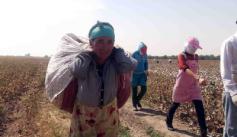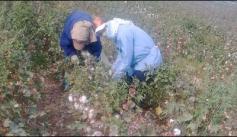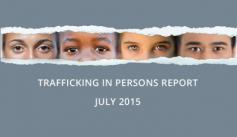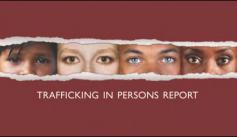Blog: Cotton
January 31, 2019
Top 5 Issues to Track in Cotton Harvest
September 3, 2015
Obama Administration grants unwarranted TIP Upgrades
July 30, 2015
The World Bank Risks Dirtying Its Hands in Uzbekistan
June 16, 2014
Child Laborer Finally Freed From Captivity After Losing Arm in Cotton Ginning Accident
April 13, 2012
Rally Outside the U.S.-Uzbekistan Annual Business Forum Attracts Dozens of Human Rights Advocates
September 29, 2011
Rally in NYC Calls on Uzbek President's Daughter to Stop Forced Child Labor in Cotton
September 16, 2011
Don't Let the Fashion Show Go on for the Daughter of Uzbekistan's Dictator
September 13, 2011
Pages
Browse blog by issue
- Child Labor (223)
- Forced Labor (35)
- Gender-Based Violence and Harassment (102)
- Health & Safety (38)
- Living Wage (18)
- 1 of 2
- next ›
Browse blog by country
- Bangladesh (39)
- Cambodia (3)
- Colombia (2)
- Cote d’Ivoire (7)
- Ghana (5)
- 1 of 4
- next ›
Blog archive
- March 2025 (2)
- February 2025 (1)
- October 2024 (1)
- August 2024 (1)
- June 2024 (1)
- March 2024 (1)
- February 2024 (1)
- September 2023 (2)
- March 2023 (2)
- February 2023 (1)
- 1 of 17
- next ›



